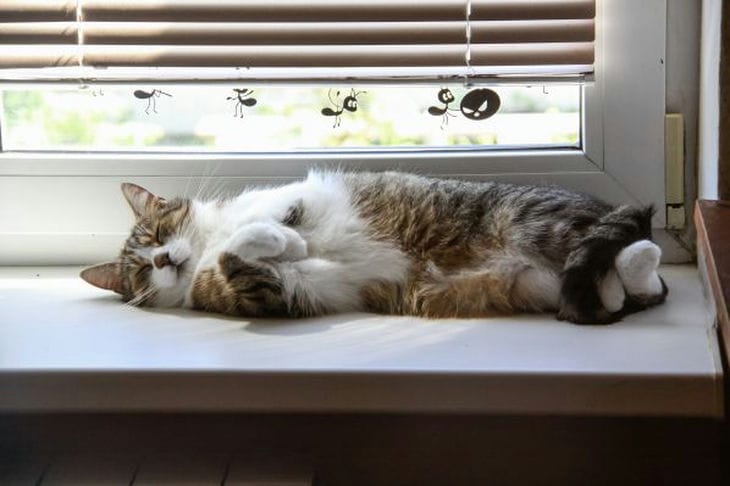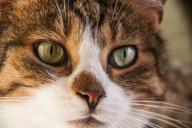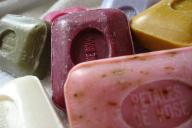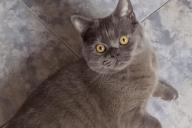Cats are mysterious creatures with many habits that seem inexplicable at first glance.
One of them is the reluctance to drink water that is next to the food bowl.
This behavioral feature often puzzles owners and arouses the interest of cat behavior researchers.

Instincts of wild ancestors
The roots of this behavior go deep into the evolutionary past of cats. The wild ancestors of domestic cats avoided drinking water near prey, fearing contamination of the water source.
In the wild, decaying food scraps could pollute nearby bodies of water, making them dangerous to drink. This instinct has been preserved in modern domestic cats, despite the fact that they are not in such danger.
Sensitivity to odors
Cats have an extremely keen sense of smell. The smell of food near water can discourage them from drinking.
Even if the smell is imperceptible to humans, it may be strong enough for a cat to make the water unattractive. This is especially true for wet food, which can have a particularly strong smell.
Preference for fresh water
In nature, cats prefer to drink running water, as it is less likely to contain harmful microorganisms.
Water standing next to food may be perceived by a cat as stagnant and potentially dangerous. Many cats prefer to drink from dripping faucets or fountains that imitate natural sources.
Territorial behavior
Cats are territorial animals, and separating eating and drinking areas may be part of their natural spatial organization behavior.
In the wild, cats typically hunt and eat in one place and drink in another. Placing the water bowl separate from the food may be more in keeping with their natural instincts.
Stress and discomfort
Some cats may become stressed if forced to drink water in close proximity to food.
This discomfort can cause your cat to drink less, which can potentially lead to health problems such as urinary tract disease.
Individual preferences
It is important to note that not all cats refuse to drink water next to food. Like people, cats have individual preferences.
Some cats may be happy to drink from a bowl placed next to their food, especially if they have been accustomed to this arrangement from an early age.
Recommendations for water placement
To ensure your cat's comfort and health, it is recommended to place the water bowl separately from the feeding area.
The ideal option would be to have several water sources in different parts of the house. This not only takes into account the cat's natural instincts, but also encourages it to drink more water, which is important for the prevention of urolithiasis.
Alternative water sources
Many owners find that their pets prefer alternative water sources. Cat fountains that simulate running water are often more attractive to cats than standing water in a bowl.
Some cats like to drink from large glass or ceramic bowls, which do not transmit odors and tastes.
Observing your pet's behavior
Cat owners are advised to observe their pets' behavior and experiment with the placement of water bowls. It is important to find a location and method of water supply that will be comfortable for the individual cat and ensure that it receives sufficient fluid intake.








